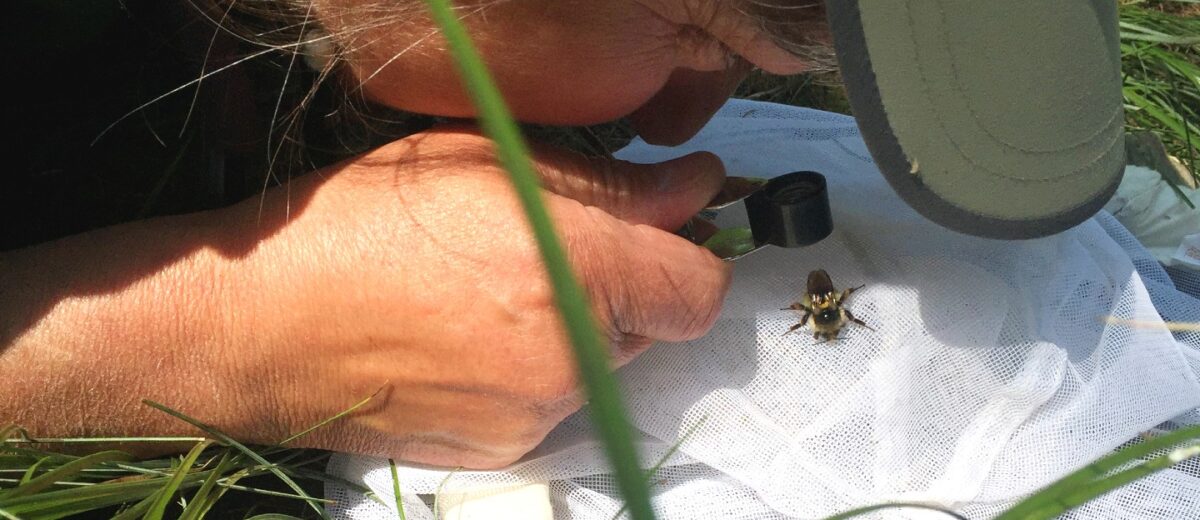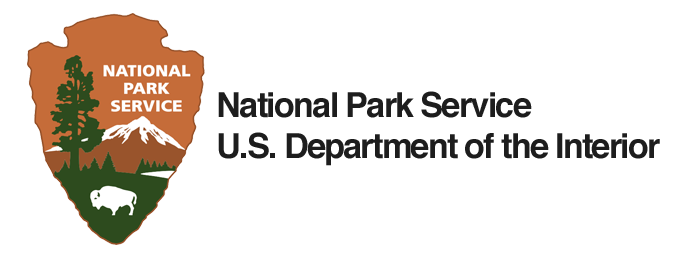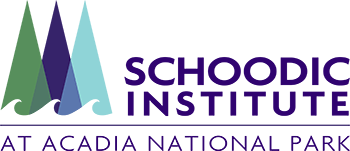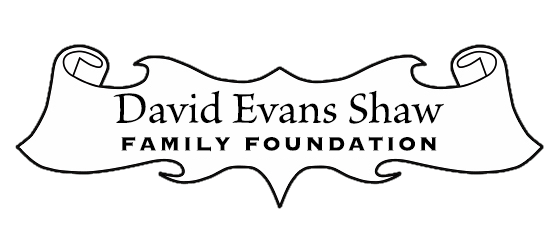“Pollinators do have a smell, you know,
and if they don’t they should,
for their bodies are dusted with spices
from a million flowers.”(adapted from Ray Bradbury, Dandelion Wine)
*Please note* This workshop is full.
Citizen science is advancing research and learning across multidisciplinary fields. It can also be a valuable way to connect people to places and beings that are special to them, and to cultivate a sense of stewardship. Participants will learn from experts and each other as they apply principles of good citizen science design to pollinator programs, while developing an implementation plan that meets their goals. Participants will end the training with an action plan for their citizen science project, citizen science project skills, and a network of practitioners for help in the future.
Topics included in the workshop:
- Defining project goals
- Ten principles of citizen science
- Identifying resources—what kind of help do you need and who can help? Will your project need buckets, GPS handhelds, a data-savvy person, who are your local partners?
- Data management—how do we align data collection with goals, and volunteers?
- Volunteers—what are you asking volunteers to put in, what are they getting out, and how will you know if that’s what they really get out of your project?
- Pitching your citizen science project—every project needs a pitch; we’ll help you refine yours
Who is this workshop for?
This workshop is designed for resource managers, interpretation and education professionals, and scientists from public lands managed by the National Park Service, US Fish and Wildlife Service, US Forest Service, and Bureau of Land Management; as well as those from tribes, and partner towns and nonprofit organizations. Teams of two to five people and individuals who have started to conduct, or want to conduct, pollinator citizen science projects are welcome to apply.
Our goals are to deepen understanding of citizen science, broaden the community of people who consider themselves citizen science practitioners, and increase public engagement in science on public lands.
Where and when is this workshop?
This professional development is online (Zoom-based), with weekly one-hour meetings, February 24-April 14, 2021. Individuals, or each team of two to five people, must commit to joining the weekly one-hour online class and discussion, as well as reading assigned readings, and creating, sharing, and refining course-assigned products (total weekly time commitment two to three hours).
There is no cost to participate in the workshop. Selected participants will be notified prior to the workshop so that they can make any necessary team plans. For more information contact Hannah Webber, hwebber@schoodicinstitute.org, 207-412-8689.




